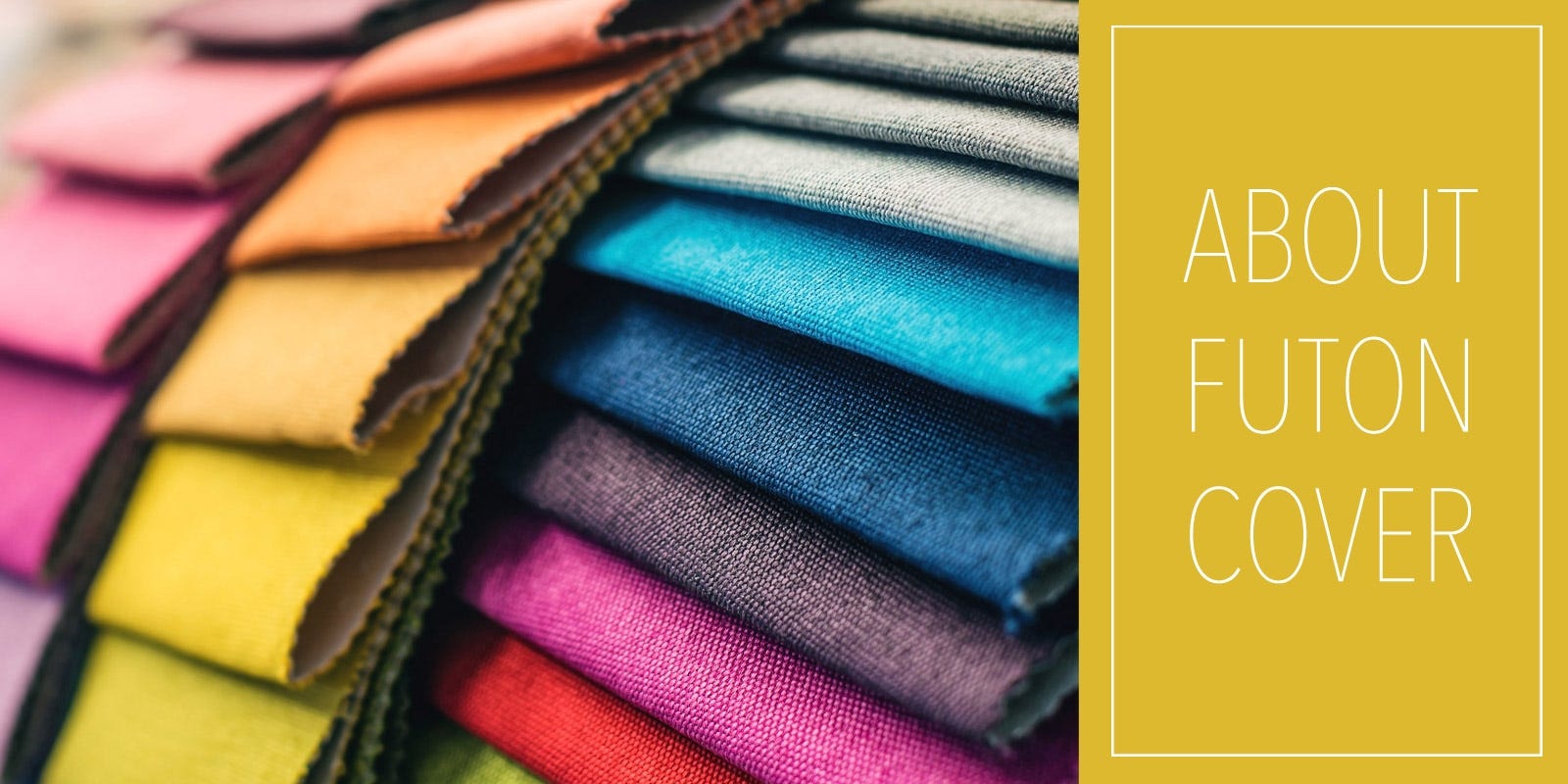
Second to the size of your futon slipcover, the appearance of your slipcover is a major main consideration to keep in mind when placing your purchase. Sometimes this can be most daunting part of the purchase. We are not all interior designers and choosing the wrong fabric can affect the entire look and feel of a room. A major tip when you begin searching for the perfect fabric for your futon slipcover is make sure that it matches the style of the futon you are covering, as well as the rest of the furniture in the room. You do not want to place a modern geometric cover on a frame that has a more classic rounded look. In addition to the style of cover, color coordination is another point to consider. Color coordination can be the most difficult part of the selection process. You may find yourself wavering over this color or that color, or asking if this color will go with the drapes or the carpet. Just remember the basic color rules.
When it comes to futon slipcovers and pillows (or any type of upholstery covering), there are color rules that should be followed in order for them to work well together instead of clashing. To mix patterns within a room, every piece of furniture should have the same background color, no matter what print is used. It is also a good idea to maintain a similar color scheme in the patterns featured, or at minimum, stick to two or three colors in addition to the background color. For simple color schemes, you may consider fabric with an opposite background. For example, you can have a slipcover that has a geometric pattern with an off-white background and brown pattern, and pillows adorned with a floral pattern with the opposite color scheme. Using contrasting fabrics works best with simple color schemes. Keep it simple, too many contradictory colors and patterns can overwhelm the room and create a disorganized, cluttered effect.
As a general rule of thumb, use cool colors in rooms that are open to natural sunlight and use warming colors for those rooms that receive little or no natural light. Cool colors recede or blend into a room, while warm colors make your furniture stand out and become more noticeable. Darker colors look heavy, making a room appear smaller or more cozy, while light colors make the room appear larger and more open.
Further, the size of the pattern on your futon slipcover or pillow cover should be proportionate to the size of the futon being covered. The goal is to match similar-sized pieces of furniture to the size of the pattern; a large print will overwhelm a small piece of furniture, while a small print on a large futon can make it appear busy.
In addition to the size of the pattern, the type of pattern can also affect the feel and look of a room. Patterns are capable of creating these visual illusions. It is important to choose the appropriate type to create the desired mood of a room. As an example, vertical stripes will create the illusion of height and vibrancy, while horizontal lines help anchor a piece of furniture to the floor giving a more relaxing, calming affect.
Keeping these few simple tips in mind when selecting the color of your futon slipcover will help to ensure that you get the right slipcover that will accentuate your room and revive your futon.
If you choose to go organic then you want to make sure your slipcover is GOTS Certified Organic Cotton.
LEARN MORE
What Are The Best Futon Covers?
How To Choose The Right Futon Cover?
What Are The Different Types Of Textile Fabrics?
What's The Difference Between Natural Cotton And Synthetic Cotton?
Why Is Organic Cotton Production Important?
What's The Best Mattress Cover?
How Mattress Covers And Pillows Made?
What Is Futon Slipcover and Pillow Piping?
Learn More about Throw Pillows
Color Ideas For Your Futon Covers And Matching Pillows
Check out this amazing selection of Organic Futon Slipcovers
Check out this great selection of Microfiber Futon Slipcovers
Check out this selection of Solid Futon Slipcovers
Check out this fantastic selection of Patterned Futon Slipcovers
Check out this superior selection of Textured Futon Slipcovers
Check out this unique selection of Outdoor Futon Slipcovers
Check out this selection of Cotton Futon Slipcovers
Check out this huge selection of Futon Slipcovers













